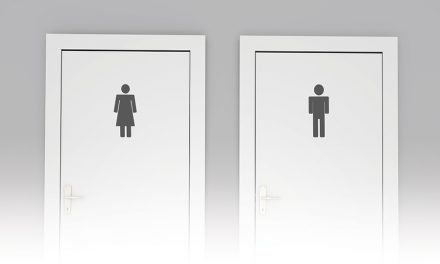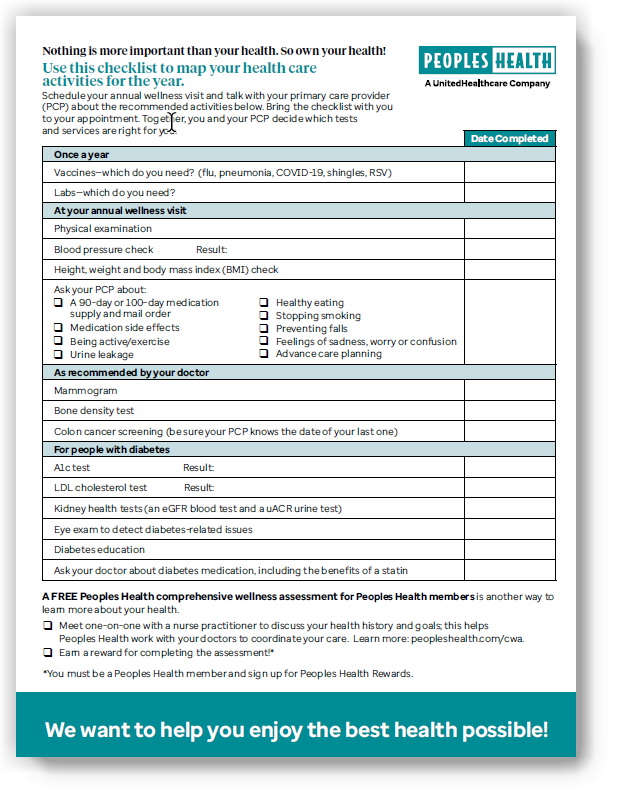Scammers take advantage when people are distracted
According to the U.S. Department of Justice, criminals worldwide are using COVID-19 for a variety of scams. Some reports are of:
- Fake cures being sold online
- Phishing emails posing as the World Health Organization or the Centers for Disease Control and Prevention
- Malicious websites and apps appearing to share information about the virus to gain and lock access to devices until a sum is paid
- Requests for donations for illegitimate or nonexistent organizations
Medicare says that scammers are using COVID-19 as an opportunity to steal people’s identities and commit Medicare fraud.In some cases, scammers might say they’ll send you a coronavirus test, masks or other medical supplies in exchange for your Medicare number or personal information. They might try a number of ways to get to you, including telemarketing calls, social media and door-to-door visits.
Other scams involve calls or emails about the stimulus check the government is sending or that state your COVID-19 test is positive and you must go to the hospital immediately. Then the scammer asks for personal information to send the stimulus check or for the treatment.
Remember!
- Never give out personal information to someone you don’t know. This includes your social security number.
- Medicare will never call, text or email you to request or verify your Medicare number or personal information unless you’ve given permission in advance.
- If you have questions about COVID-19, including treatment and tests, talk to your doctor.










